Health Tips
Parents, Take Note! 3 Major Factors Affecting Height Development!
10 February 2024

Many people believe that height is closely linked to genetics. In fact, besides genetics, external factors play an even more significant role! As parents, how can you tell if your child's height is up to standard? Before the "golden growth period" ends, what methods can help your child grow taller? Let's discuss the three most important factors influencing height and teach you how to make the most of the "golden growth period" to easily surpass genetic height limits!
Golden Growth Period: Annual Height Increase of 9 to 10cm
During the "golden growth period," children's height can increase by 9 to 10cm annually. Girls tend to develop earlier, with their golden growth period occurring between the ages of 10 to 13, while boys experience it between 12 to 15. Once this period is over, height is mostly determined. However, if children achieve the maximum growth rate during this golden period, their height can reach the upper limit of their genetic potential, and in some cases, they may even surpass it.
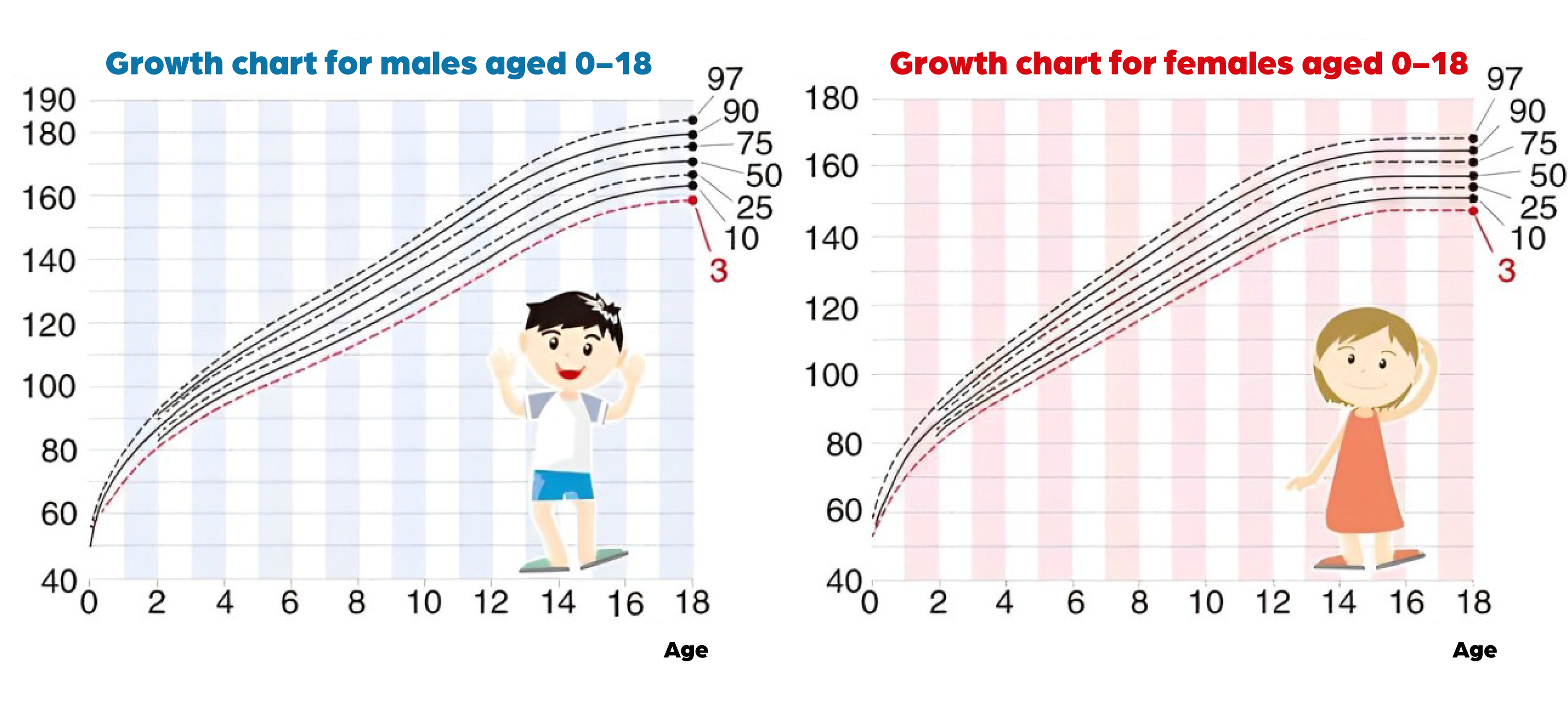
3 Major Factors Affecting Height Development
1) Sleep Boosts Growth Hormone Production
According to the U.S. National Sleep Foundation, the period between 9PM and 1AM is when the body produces the most growth hormone. However, this hormone only becomes effective once the body reaches deep sleep. Therefore, it's crucial for those in their growth phase to go to bed early to optimize this prime time for growth hormone release.
2) Impact Sports Stimulate Growth Plates
Studies show that impact sports can enhance the production of cells in the bone growth plates, increasing bone density and supporting children's growth. Activities like jumping, skipping rope, basketball, badminton, and running apply pressure to the joints, which stimulates the growth plates between bones. This encourages bone cell growth and helps the plates lengthen, promoting height increase.

3) Nutrition, Especially Protein Intake
A well-balanced diet, particularly rich in protein, is vital for growth. Protein provides the essential building blocks for both bones and muscles, which are critical for overall height development.
Tenchi GrowthMax Chews (Sugar-Free Formula) are a revolutionary nutritional supplement designed to help break through genetic height limitations. Formulated with a range of natural ingredients essential for growth, the gummies contain three types of growth-promoting calcium (eggshell calcium, shell calcium, coral calcium), nine key amino acids for growth (including lysine, threonine, arginine), whey protein, valuable shark cartilage extract, pig cartilage extract, and a vitamin premix*. Each gummy provides vital nutrients that are hard to obtain from diet alone, targeting cells throughout the body to stimulate growth hormone secretion and promote optimal bone development, helping you reach your full height potential.
3 major clinical trials in Japan have confirmed that the product effectively accelerates height growth in individuals aged 5 to 22.
Incorporate 3 Combinations of Growth Calcium and 9 Combinations of Growth Amino Acids
Who Should Take GrowthMax Chews?
Children and teenagers in their growth and development period, as well as individuals looking to enhance their growth during secondary development, are suitable candidates for this supplement.
Scientifically Proven Effective
In three major clinical trials in Japan involving 600 participants aged 5 to 22, over 92% of testers experienced an average height increase of 34% after taking GrowthMax Chews continuously for three months. The report indicates that GrowthMax Chews effectively stimulates the secretion of growth hormones, promotes the growth of the growth plate, and simultaneously slows the closure rate of the growth plate.
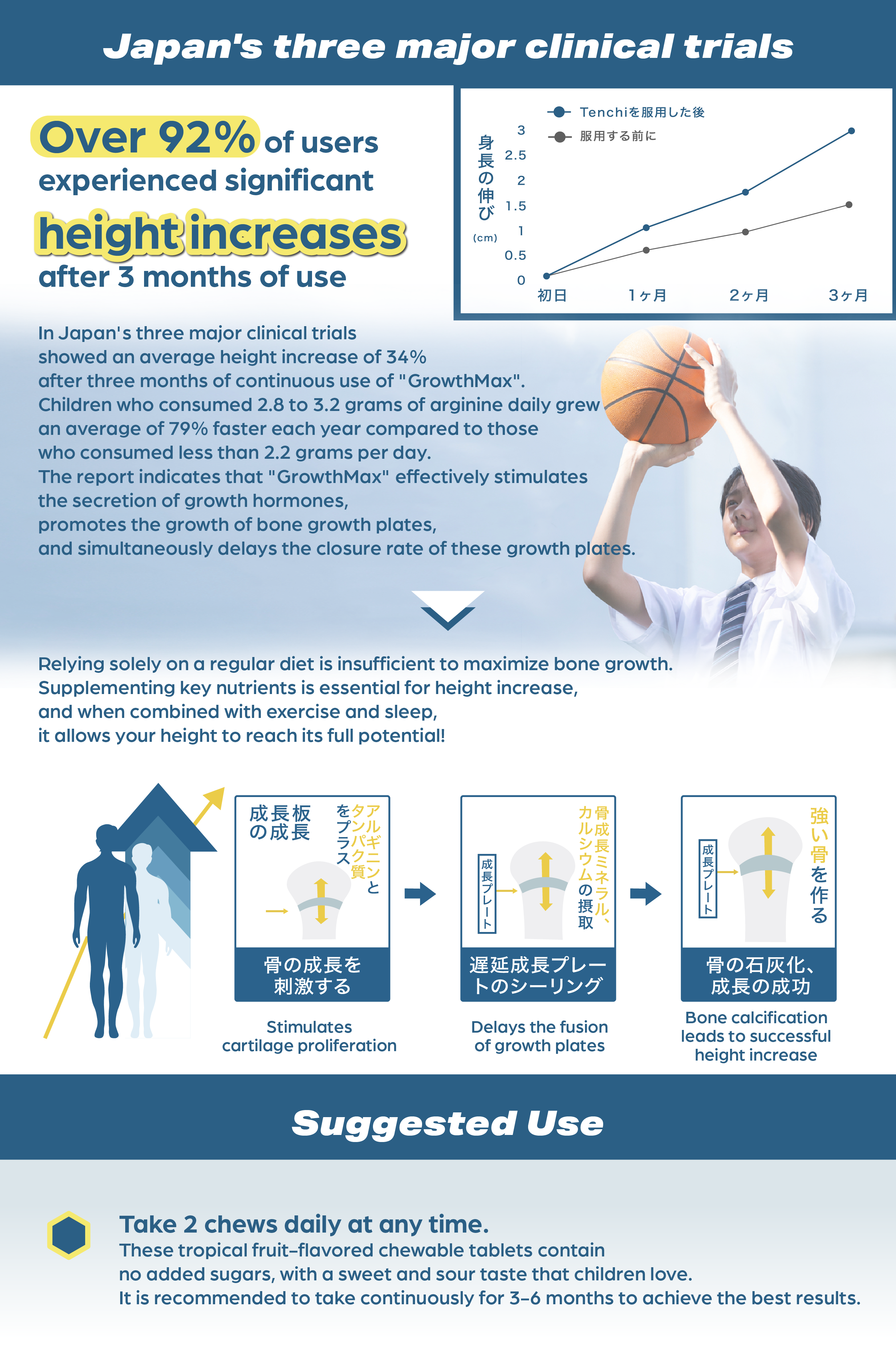
Suggested Use
Take 2 chews daily at any time. These tropical fruit-flavored chewable tablets contain no added sugars, with a sweet and sour taste that children love. It is recommended to take continuously for 3-6 months to achieve the best results.
Tenchi Mall
Tenchi GrowthMax Chews



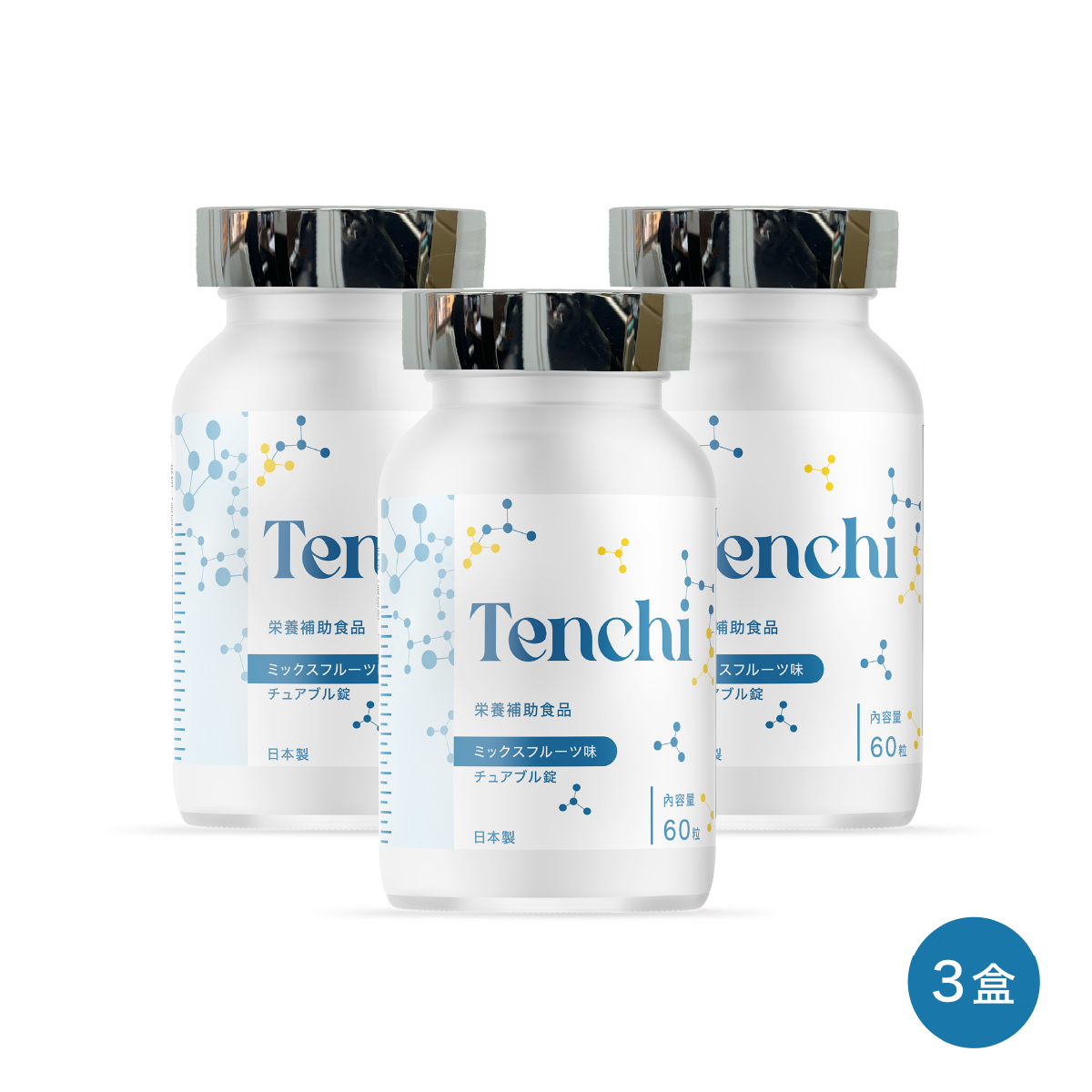
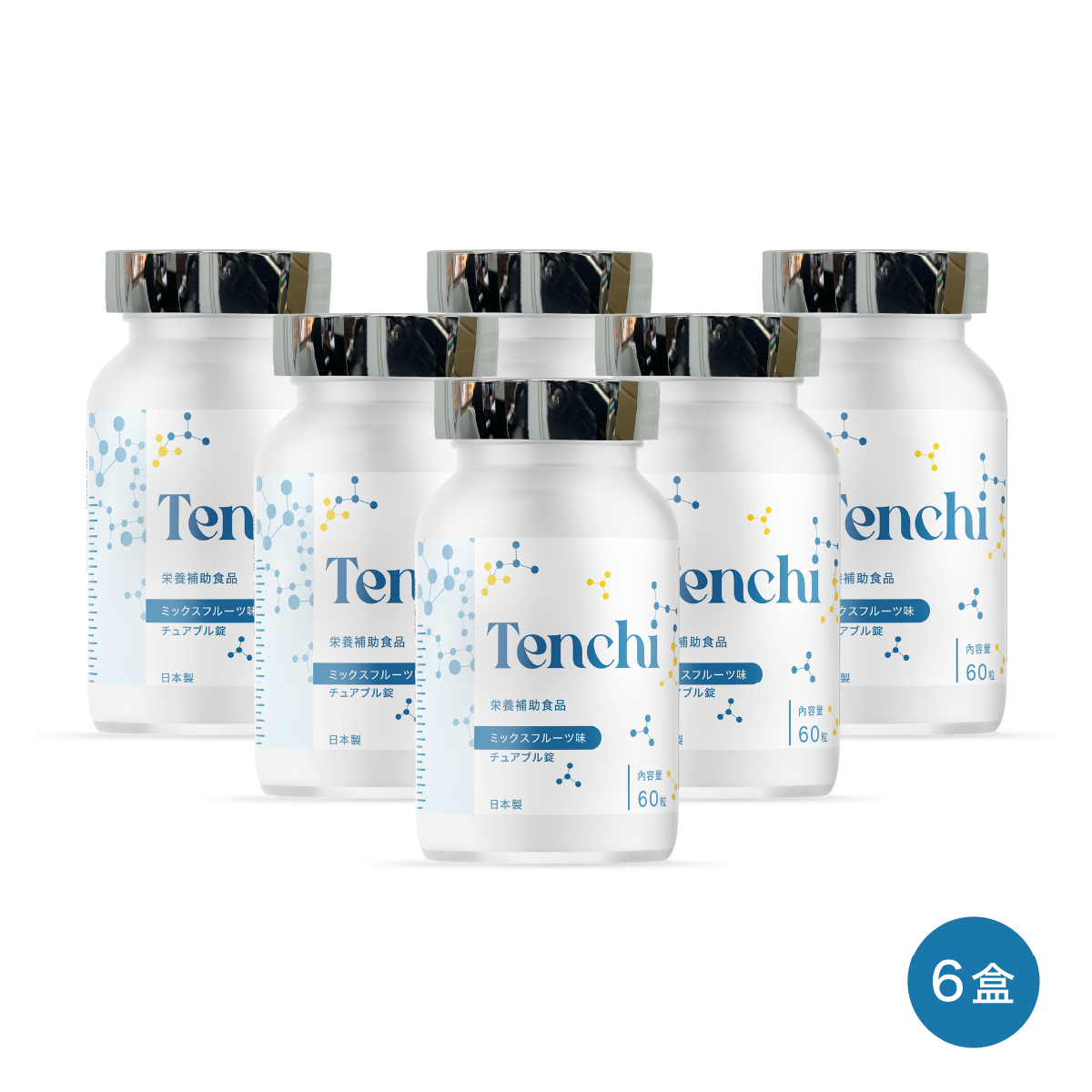
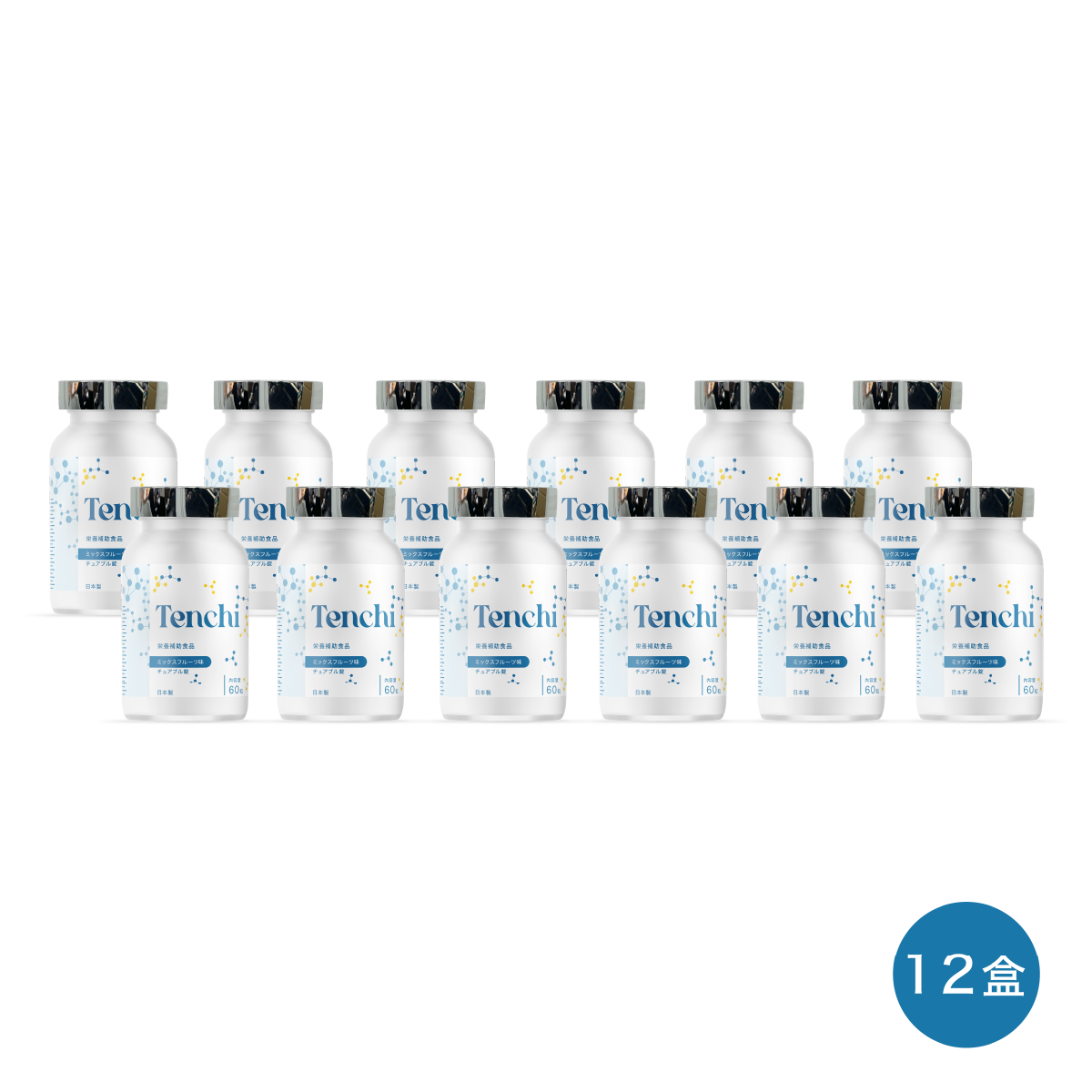

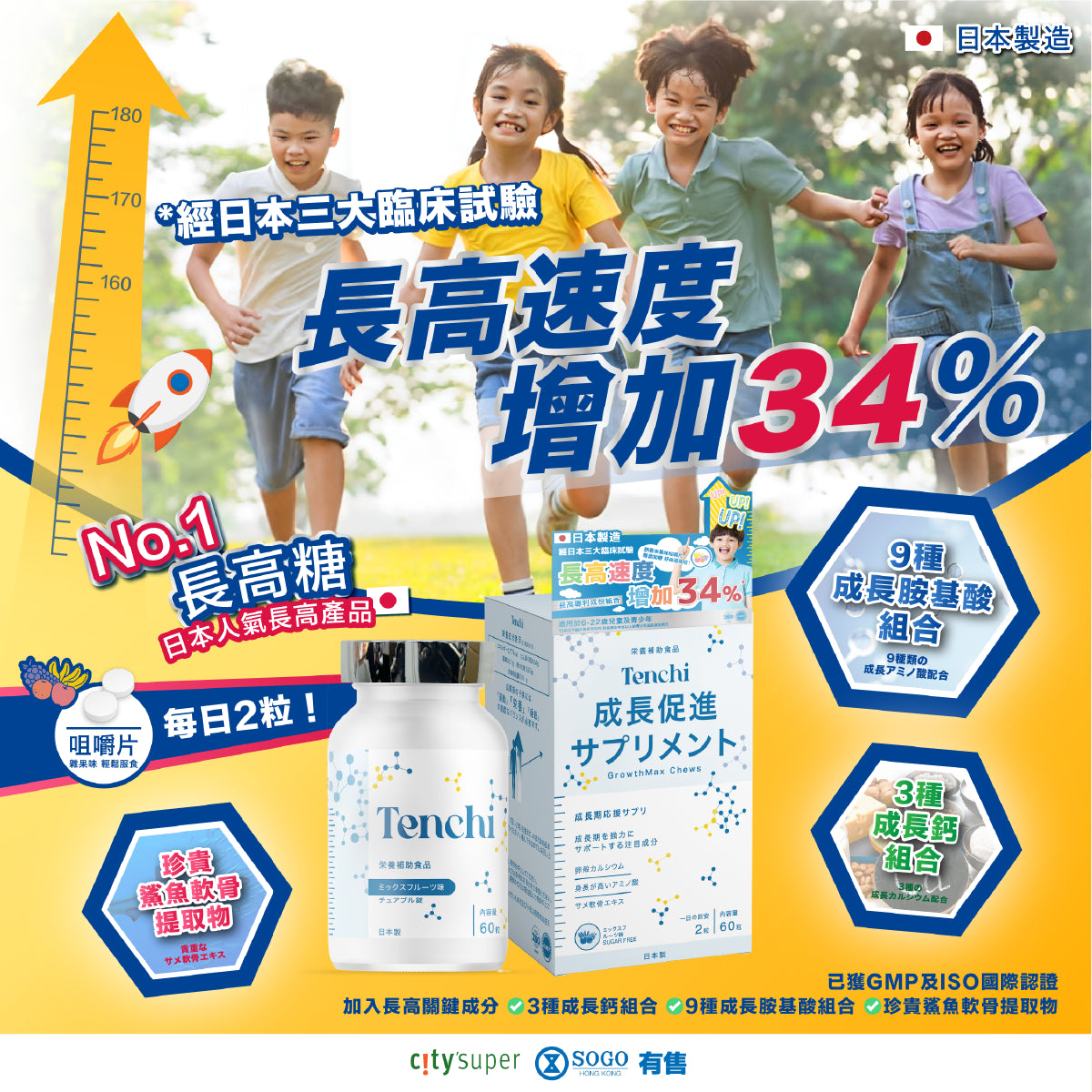


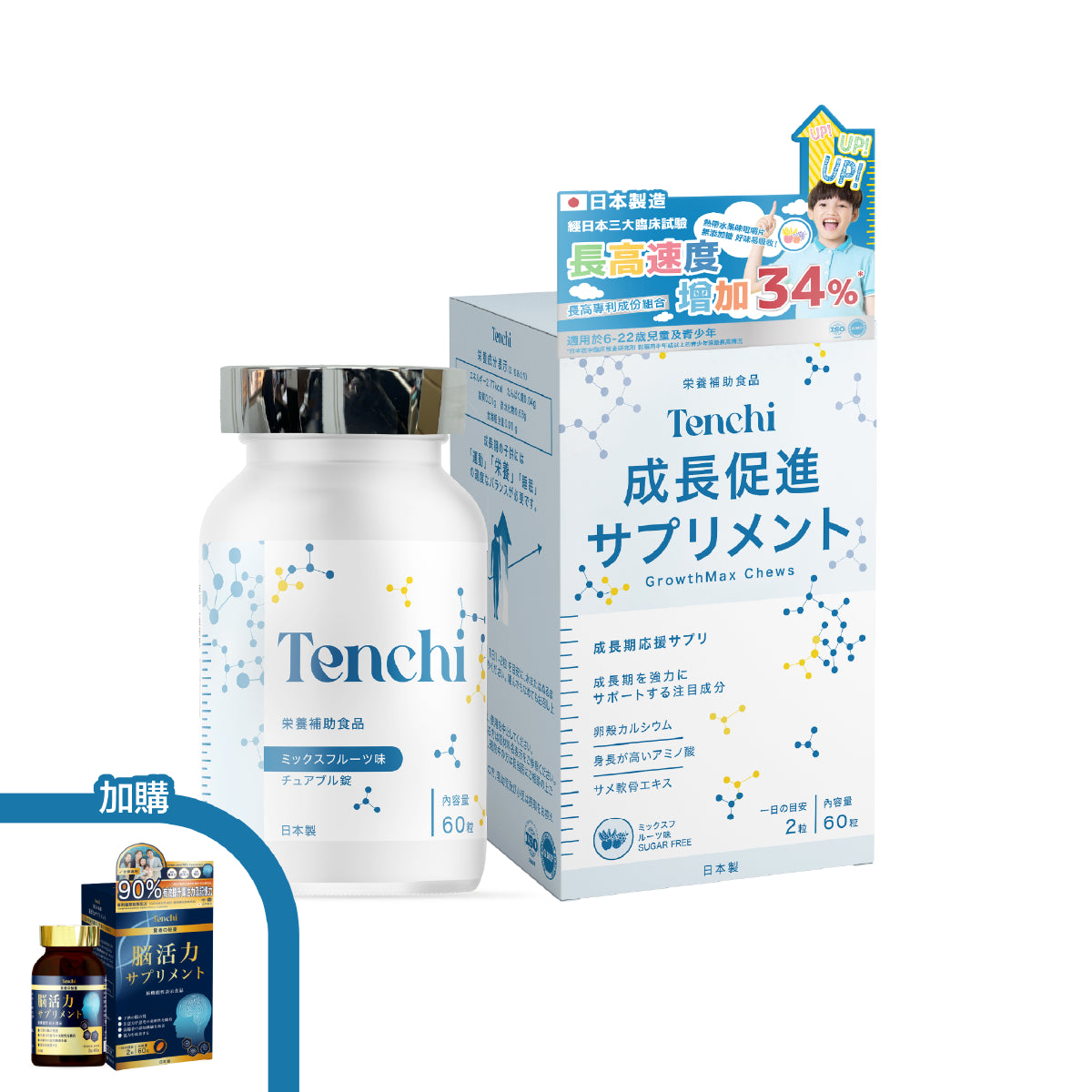
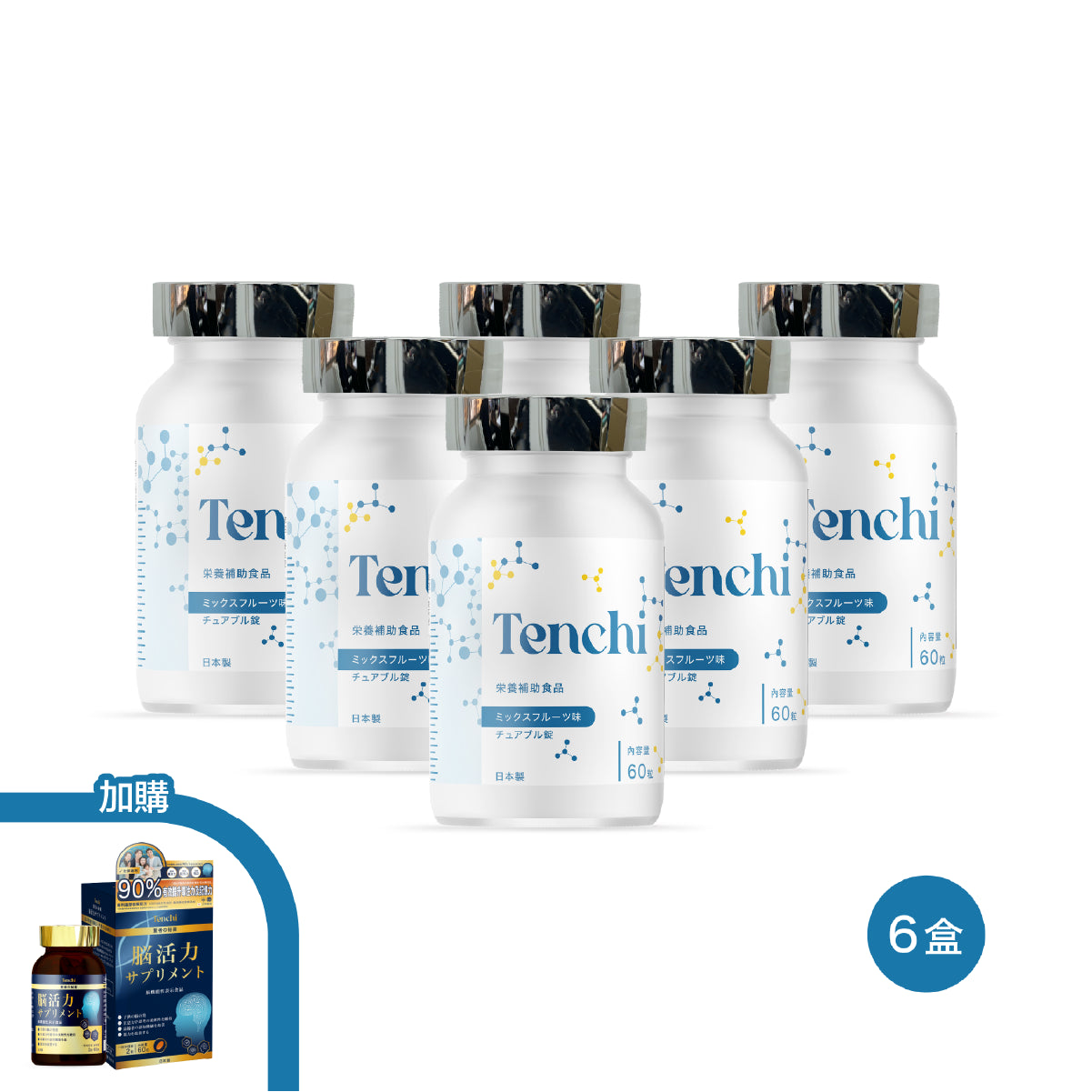
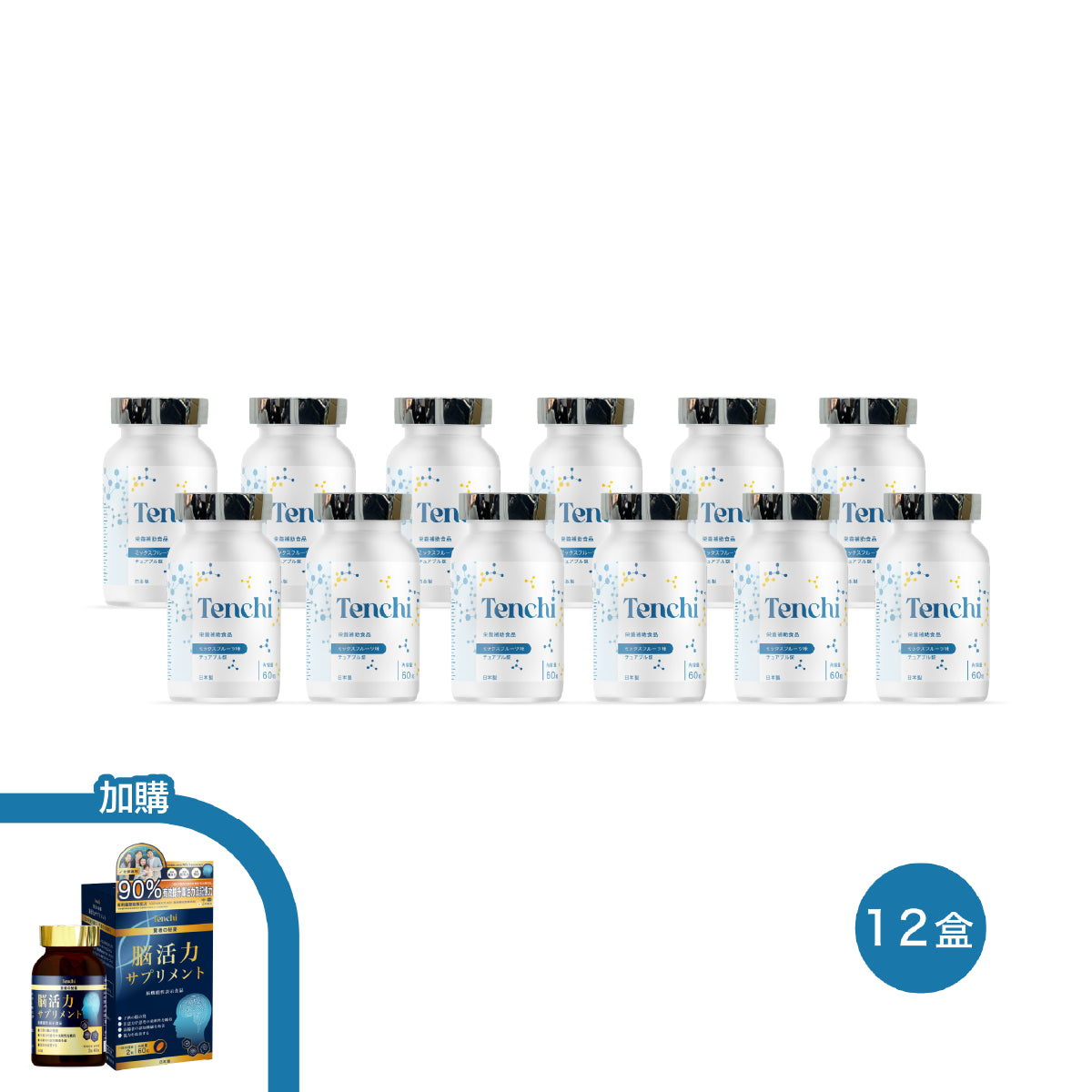
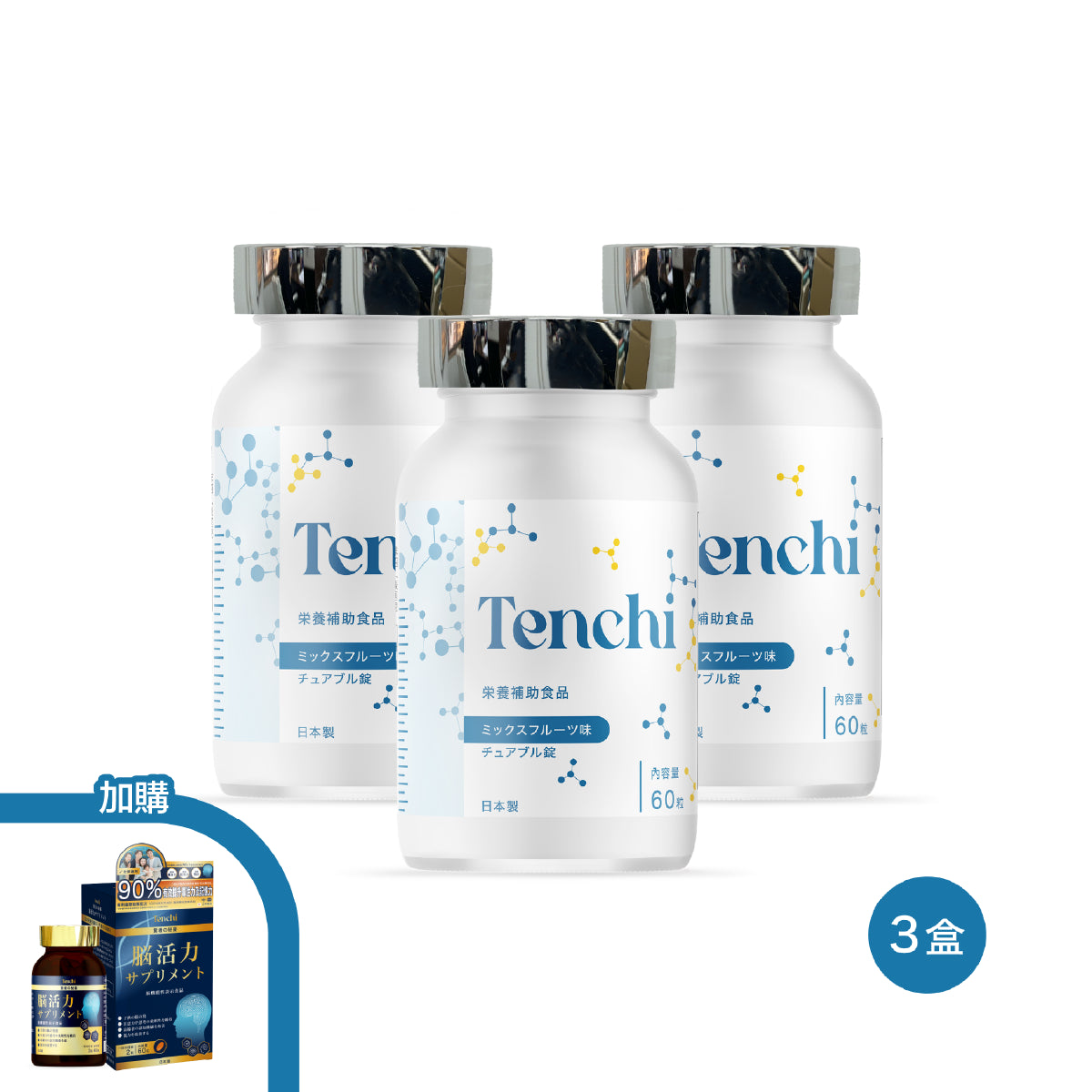
-
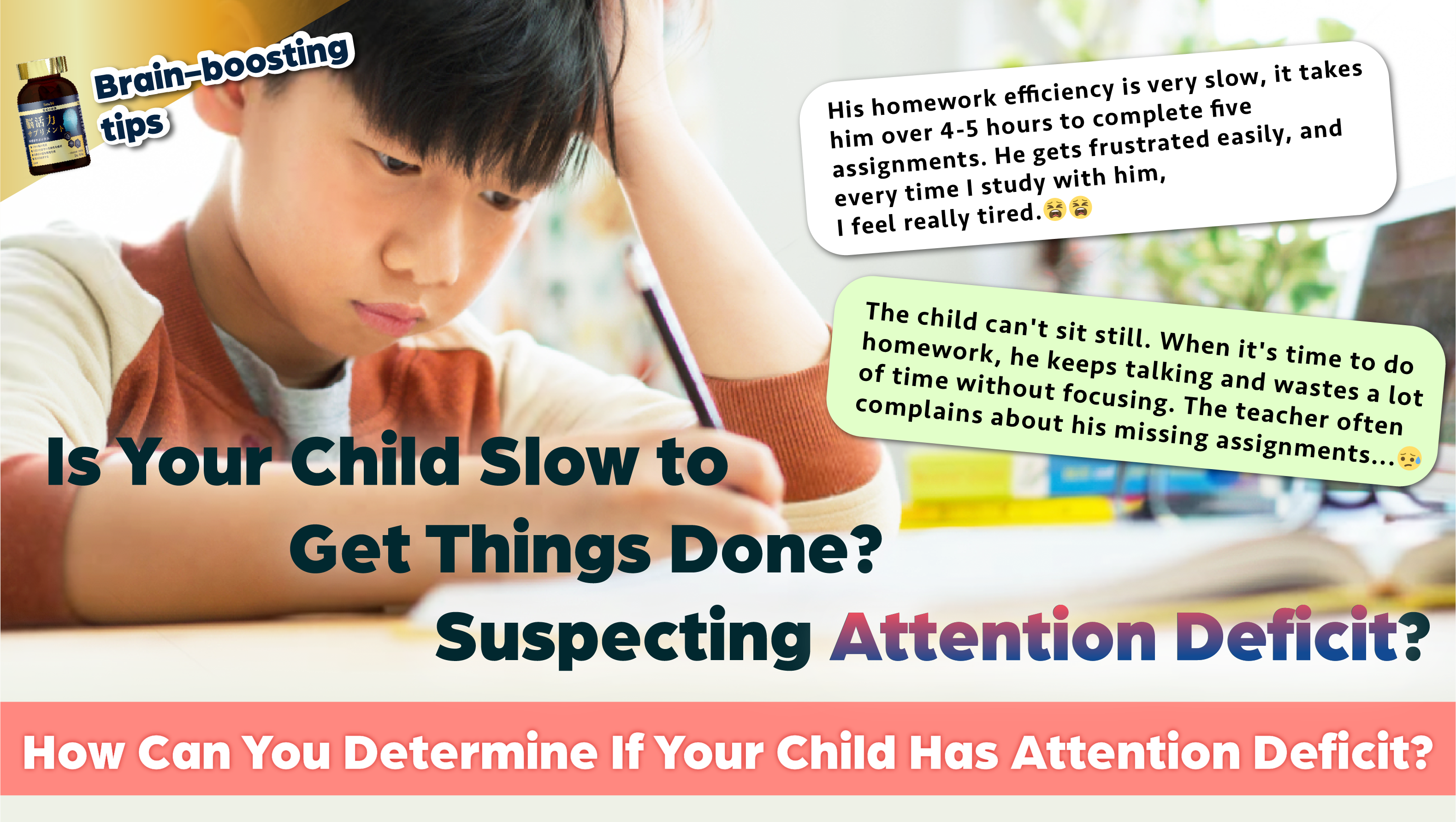
Is Your Child Slow to Get Things Done? Suspecting Attention Deficit?
Learn MoreDoes your child often seem restless, unable to sit still, or take a long time to finish tasks? Many parents run out of patience when helping their children study or complete homework, sometimes mistaking this behavior for mischief and scolding them. However, it may actually be a result of Attention Deficit (AD). What are the symptoms of attention deficit, and how can this issue be addressed? Let us explain!
-

Learn This Trick! Easily Adjust Your Body to Become Slimmer!
Learn More"Losing weight is so hard." This is a sentiment many people share. For some, it even becomes a lifelong mission! Many resort to extreme methods like dieting in an attempt to shed pounds. At first, it may seem effective—people can lose 2 to 3 kilograms, or even more, in a short time. However, after some time, they hit a plateau. Once they resume regular eating, their weight rebounds, sometimes with serious health consequences.
-

Say No to Steroids! Eliminate Eczema and Restore Your Baby-Smooth Skin!
Learn MorePeople with eczema often need to use topical steroids to control their condition. However, even with prolonged itching, it's important not to overuse these medications. Scratching the affected areas can lead to skin damage and expand the eczema's reach. Fortunately, many skincare brands are dedicated to researching solutions for the itching associated with eczema. A patented ingredient developed in collaboration with Kyoto University and Osaka University in Japan can quickly relieve eczema symptoms, alleviate itching, and help restore the skin barrier to address the problem at its source.
-

Poor Memory in the Elderly ≠ Dementia: A Simple Action to Delay Brain Aging!
Learn MoreAs we age, it’s common for memory to decline—forgetting names or where things are placed can cause concern about early signs of dementia. However, according to Japanese dementia specialist Dr. Yukimichi Imai, age-related memory loss and dementia are not the same, and there's no need to worry excessively about occasional forgetfulness. So, how can you differentiate between normal memory loss and dementia, and what can you do to prevent it? Let's explore!

























